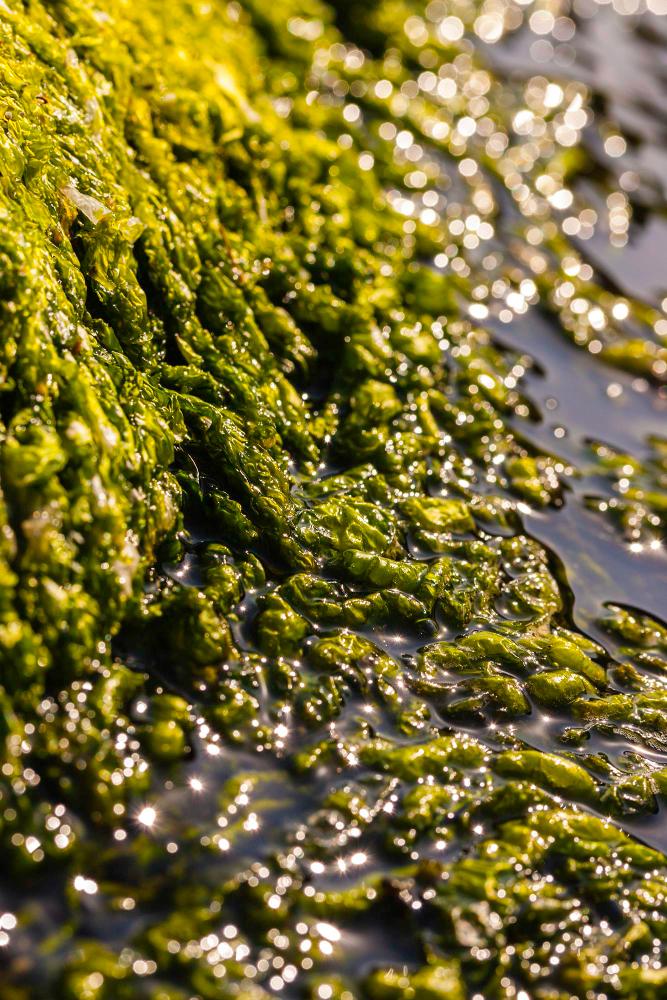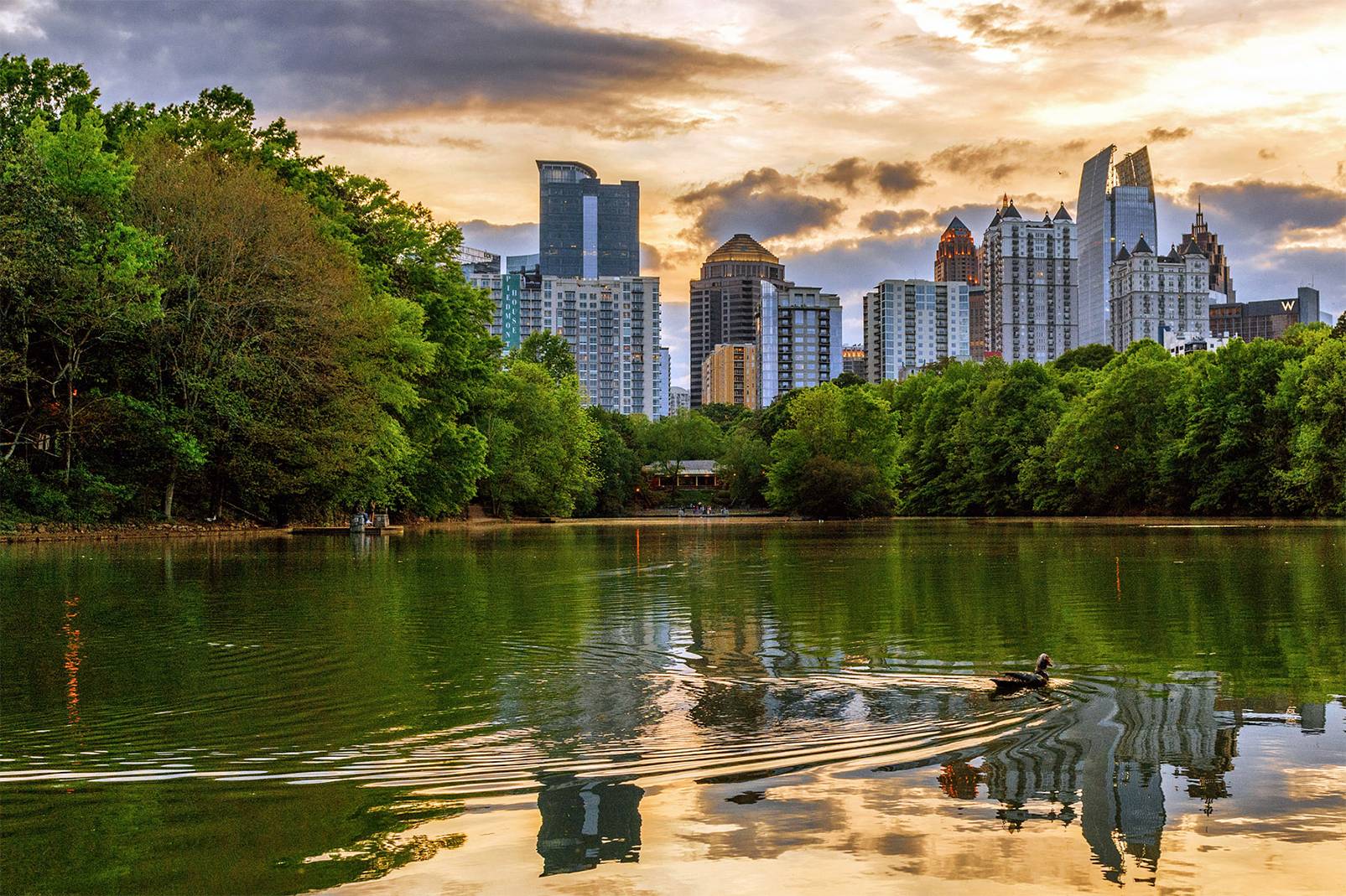
Algae is a natural part of waterbodies like lakes and ponds, but too much can be a nuisance. It’s a matter of moderation, and property owners would be wise to set aside some time for lake and pond maintenance.
In this brief article brought to you by Aquatic Restoration, we highlight the risks of uncontrolled algae growth and provide some tips on how to prevent such a takeover. If you’d rather leave your lake or retention pond maintenance to uniformed and time-tested professionals, then call Aquatic Restoration to get in touch.
If you’ve ever looked out at a pond or lake and seen a layer of green covering the surface, then chances are you’ve met algae. While algae is a natural and even necessary part of aquatic ecosystems, too much of it can turn your peaceful waterbody into a murky, smelly mess. Here’s why:
Algae thrive on nutrients like nitrogen and phosphorus which often come from fertilizers, animal waste, and decaying organic matter. There are a few steps you can take to reduce this nutrient runoff:
Lack of oxygen and circulation can create stagnant conditions where algae flourish. Install an aeration system such as a fountain or bottom-diffused aerator to improve water movement and boost oxygen levels. This not only discourages algae growth but also supports fish and beneficial bacteria.

Recruit bacteria to your team. Beneficial bacteria can help break down excess nutrients in the water. These bacteria are often added as part of a regular pond maintenance program and can work wonders for maintaining water clarity and balance.
Leaves, twigs, and other organic debris that fall into the water can release nutrients as they decompose. Regularly skimming the surface and removing debris from the shoreline can significantly reduce nutrient buildup which supports algae growth.
Algae need sunlight to grow, so reducing sunlight exposure can help curb their growth. Planting trees or adding floating plants like water lilies can provide natural shade and lower water temperatures to make it harder for algae to thrive.
When in doubt, bring in the experts. The professional maintenance team at Aquatic Restoration can provide the tools and expertise you need to keep algae under control and your waterbody in top condition. Call or message Aquatic Restoration to schedule a convenient appointment today.
Dredging is an integral part of keeping lakes clean, healthy, and sustainable. This…
Lake management is an integral part of keeping your lake in peak condition. It involves activities such as lake…
There are many incredible benefits that come with restoring natural lake depth. Not only does it improve water quality…
When it comes to maintaining healthy water bodies, there are two primary methods that are often used: dredging and pond…
There’s peace of mind in knowing you have a reliable detention pond on your property. These man-made ponds temporarily hold…